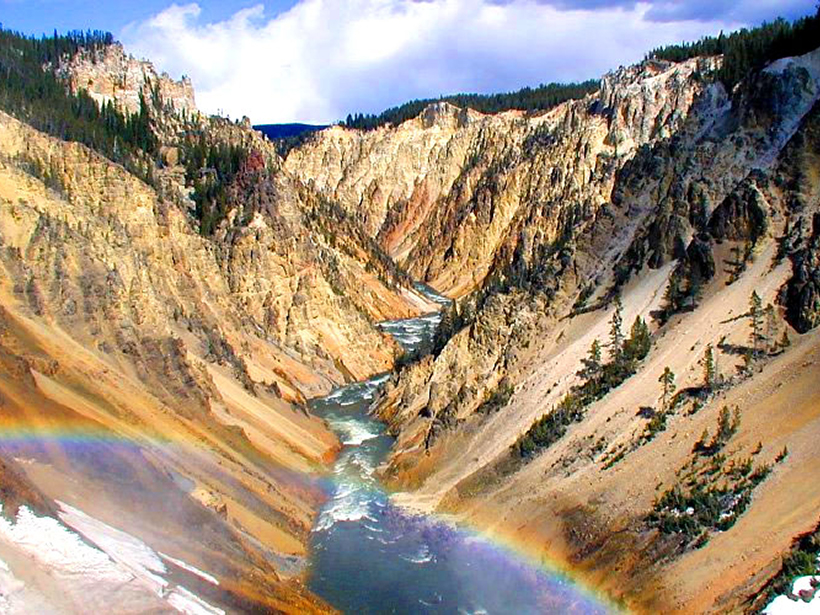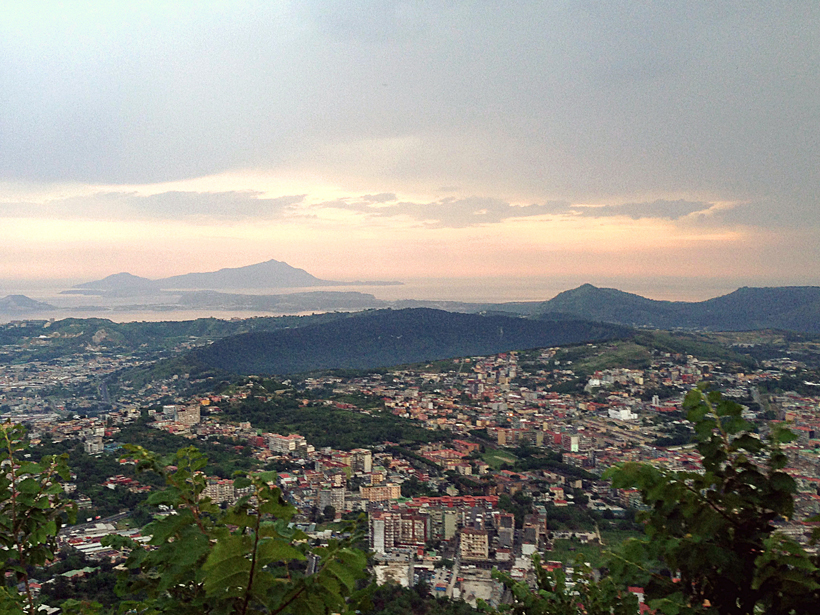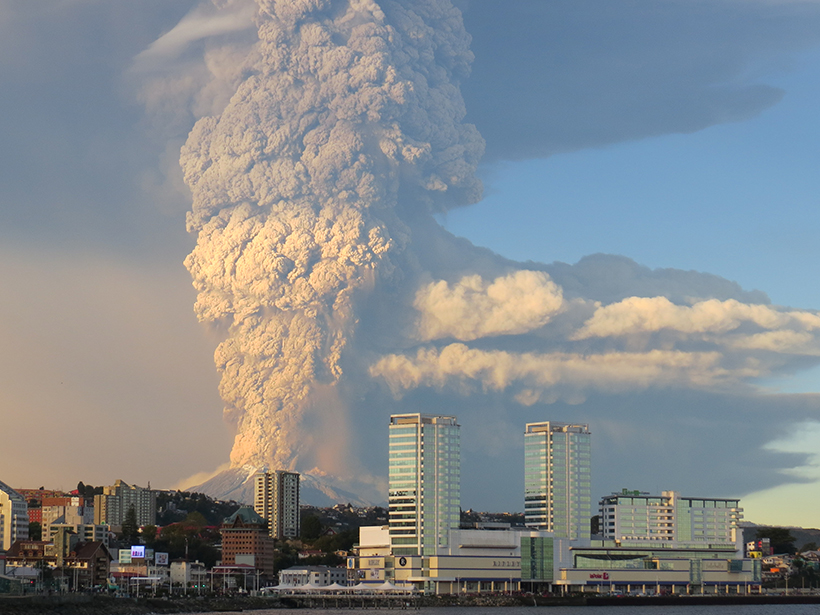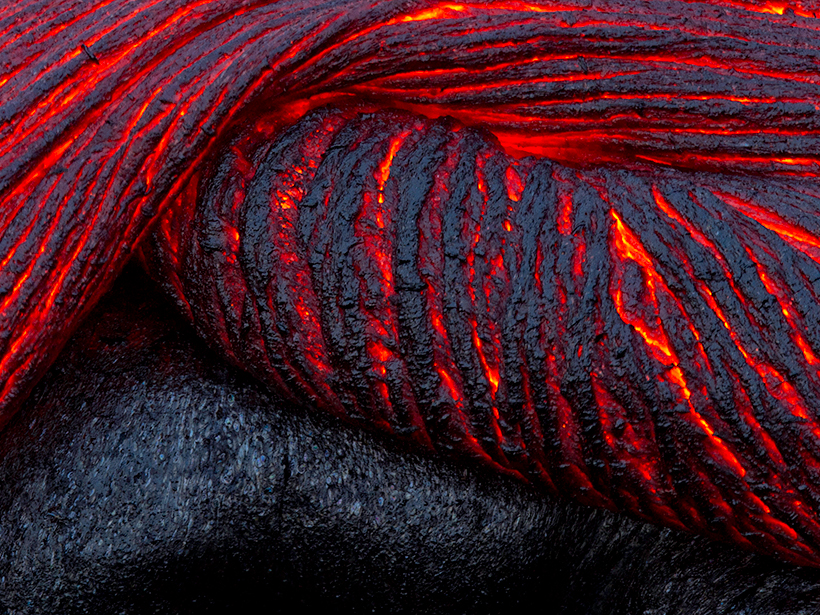Results show that caldera collapse attributed to a super eruption almost 40,000 years ago was smaller than what scientists expected. So what might have really happened?
volcanoes
Pinpointing the Trigger Behind Yellowstone's Last Supereruption
Geologists suggest that mixing of magma melt pockets could have caused the explosion a little more than 600,000 years ago.
When Might the Campi Flegrei Caldera Erupt Again?
The clock may be ticking for Italy's Campi Flegrei caldera, a region with a pattern of numerous and sometimes large explosive eruptions. The next explosion could be less than 100 years away.
A Significantly Hotter Mantle Beneath Iceland
Estimates of crystallization temperatures from four eruptions in northern Iceland offer improved constraints on the mantle's temperature beneath this anomalous divergent plate boundary.
How Did Climate and Humans Respond to Past Volcanic Eruptions?
First workshop of the Volcanic Impacts on Climate and Society Working Group; Palisades, New York, 6–8 June 2016
Gazel Receives 2016 Hisashi Kuno Award
Esteban Gazel will receive the Hisashi Kuno Award at the 2016 American Geophysical Union Fall Meeting, to be held 12–16 December in San Francisco, Calif. The award recognizes "accomplishments of junior scientists who make outstanding contributions to the fields of volcanology, geochemistry, and petrology."
Volcanic Ash Contributes to Climate Cooling
A new study shows that atmospheric ash reflects solar radiation months after volcanic eruptions.
Mapping Water and Heat Deep Under Long Valley Caldera
Researchers use electrical resistivity to find the heat source and reservoir feeding Long Valley Caldera's labyrinthine hydrothermal system.
The Gravity of Volcanic Eruptions
New research suggests that continually monitoring gravity changes near active volcanoes could provide insights into volcanic activity.
We Need a New Definition for “Magma”
Confusion over the meaning of "magma" can generate popular misperceptions, including a nonexistent molten sea underneath Yellowstone National Park. We propose a different definition.









